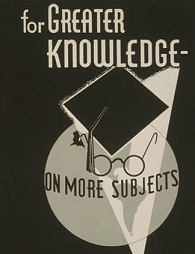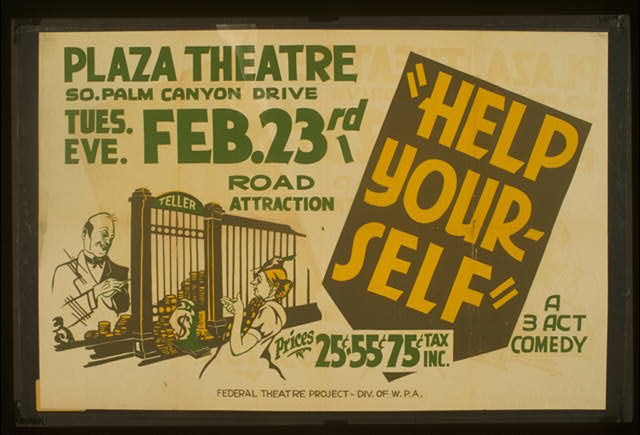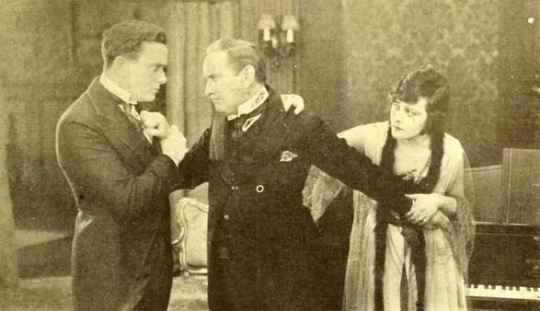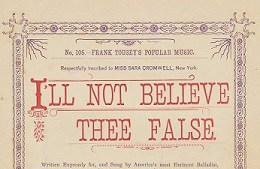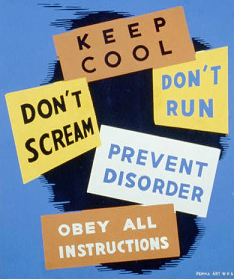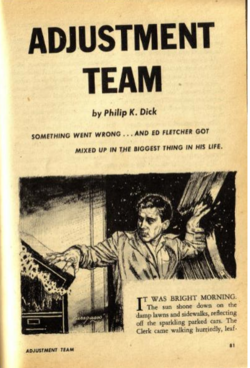The recent amendment to Supreme Court Rule 756 was the kickoff for the ARDC’s foray into proactive management-based regulation, which we know will require lawyers without malpractice insurance to undergo an online self-assessment. As the contours of that process continue to be determined, the profession can and should examine existing methods the ARDC can employ […]
Things to Try: Disciplinary Complaints, Closures, and Alternatives
